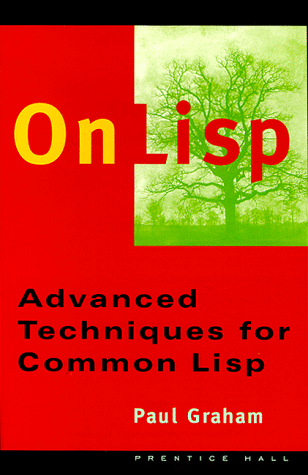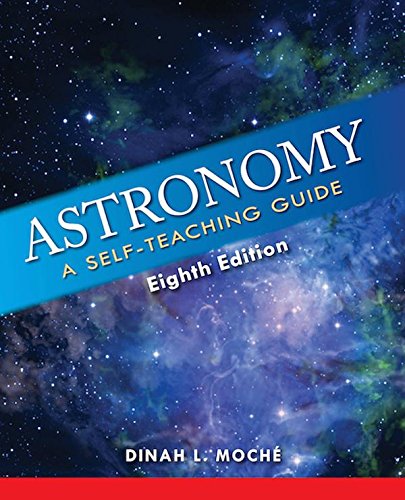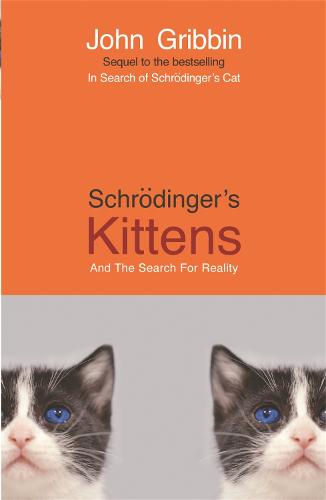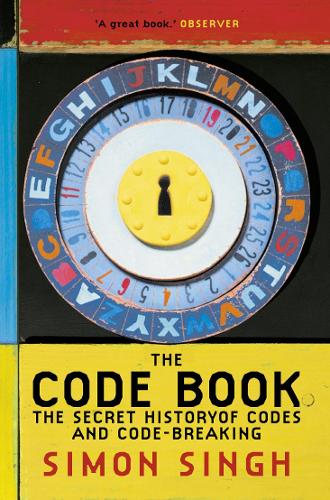Following on from A Visit to the Zeppelin Museum…
There is a charge often levelled at the technically inclined that they can’t write. Reading the documentation on 80s and 90s software can go some way to confirming this, however there are some truly excellent technical writers out there.

One of my favourite books is On Lisp by Paul Graham. Admittedly, that’s not a title that’s going to get most people’s pulses racing, but if you want a concise, clear and at times witty exploration of a very specialist subject this is the book to read. You might not understand or be interested in the subject, but the writing itself is excellent.
I often think we’re in the Golden Age of science writing.
Popular science books such as The Code Book by Simon Singh; Schrodinger’s Kittens by John Gribbin and Astronomy by Dinah L. Moché to name but a few, explain complex concepts in an entertaining manner.



The mistake many people make is to confuse the content with the writing.
SF writers have to communicate complex ideas whilst building characters and keeping the plot moving. I don’t say writing SF is necessarily harder as the ideas being communicated aren’t as complex as they ones by science writers (tip – if the idea is that complicated then the story won’t work)
But if you want to learn how to communicate science as an SF writer then these books are a model of the form.
A final note: submission guidelines for many publications note how they’re swamped with stories featuring ideas that have recently appeared in New Scientist. Remember, don’t study these books for only for ideas: study them for how to write.

